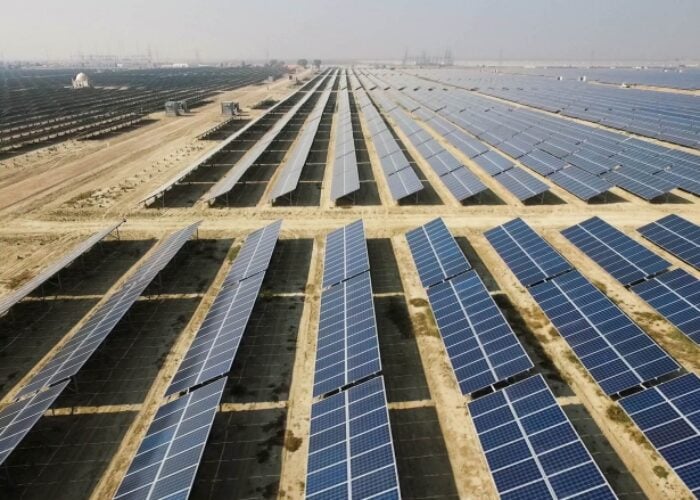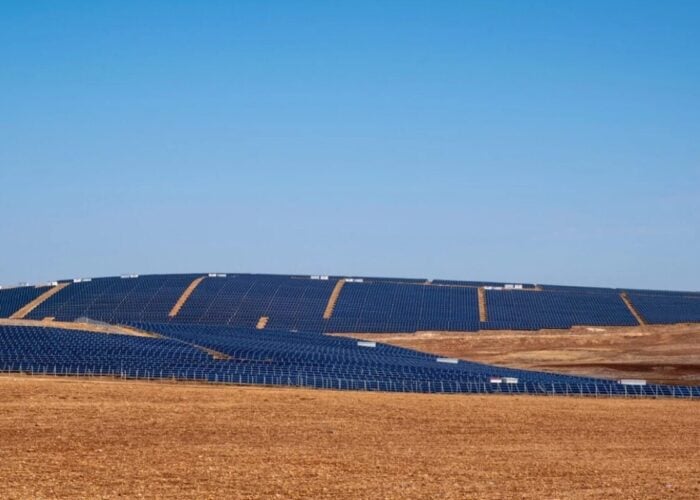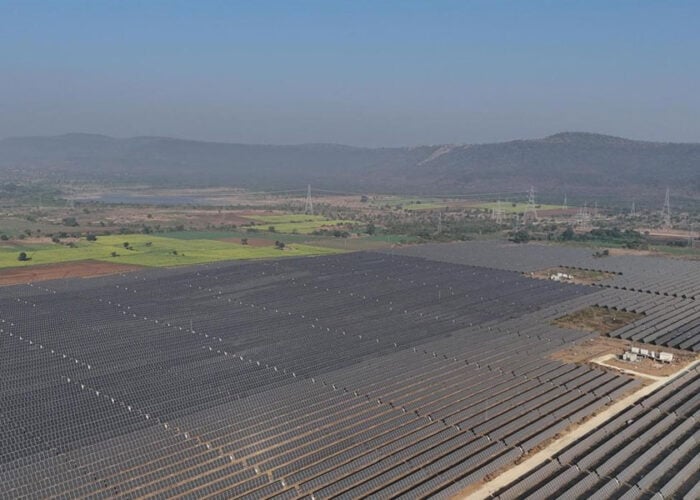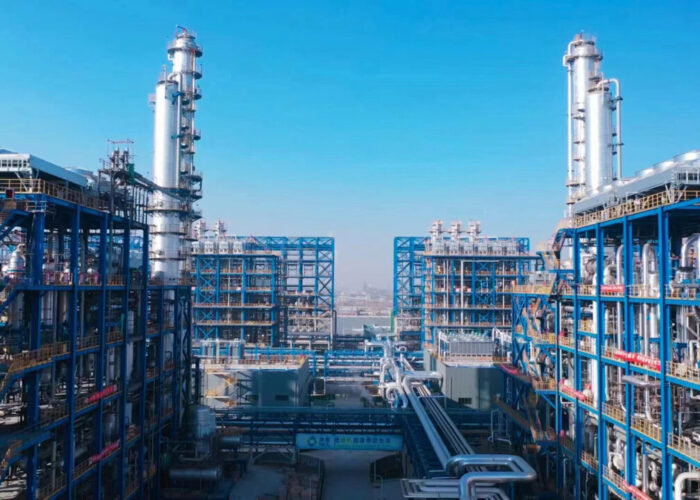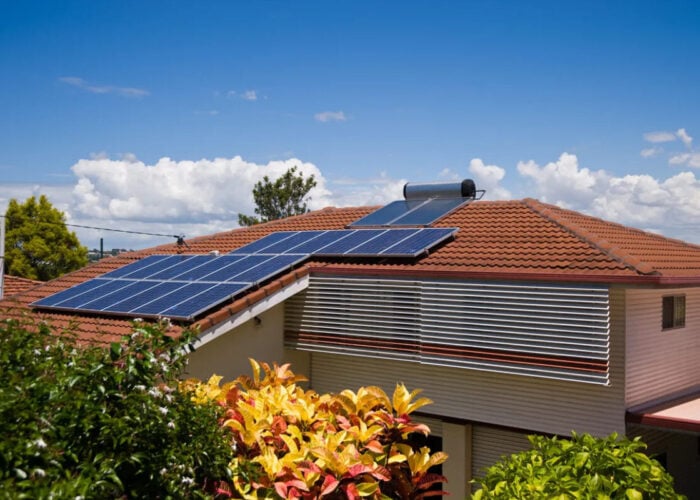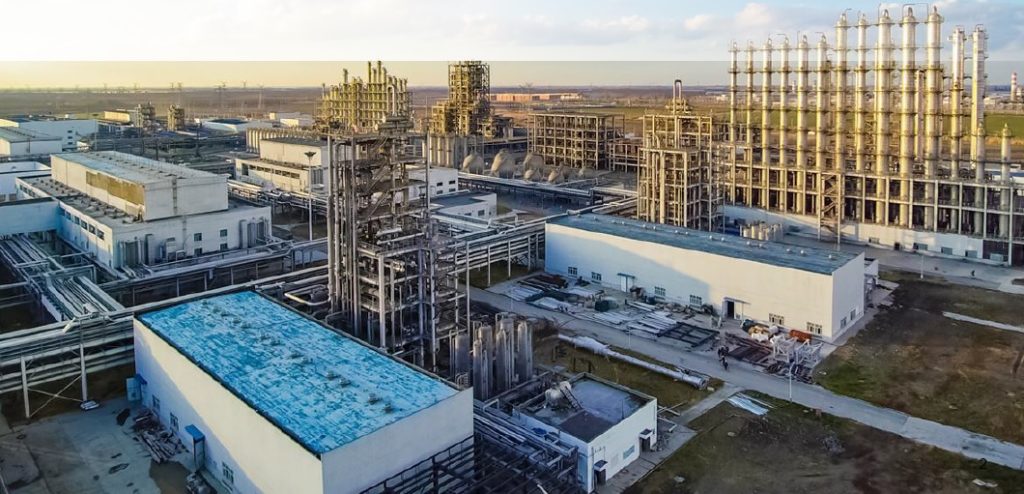
Xinjiang Daqo, the Chinese subsidiary of polysilicon manufacturer Daqo New Energy, has signed an investment agreement to build a new silicon-based facility in China.
Located in Shihezi, in the Xinjiang province, the project will be built in two phases, with the first phase comprising 50,000MT of annual polysilicon capacity, 150,000MT of silicon metal production and one million pieces of silicon seed rod and an investment of nearly RMB7.5 billion (US$1 billion).
Unlock unlimited access for 12 whole months of distinctive global analysis
Photovoltaics International is now included.
- Regular insight and analysis of the industry’s biggest developments
- In-depth interviews with the industry’s leading figures
- Unlimited digital access to the PV Tech Power journal catalogue
- Unlimited digital access to the Photovoltaics International journal catalogue
- Access to more than 1,000 technical papers
- Discounts on Solar Media’s portfolio of events, in-person and virtual
Or continue reading this article for free
The second phase will double the capacity of polysilicon and silicon metal production, while increasing by 1.2 million pieces of silicon seed rod and an investment of almost RMB7.5 billion.
Daqo has not disclosed when each phase is expected to be completed, however it said it is contingent upon market conditions, Xinjiang Daqo’s shareholder approval and relevant government filings and approvals.
Despite plummeting polysilicon prices in 2023, which lowered Daqo’s revenue as well as the average selling price of polysilicon, the company aims to increase its production capacity.
With the new facility being located in the province of Xinjiang, this could limit Daqo to supply its polysilicon to the US market or the production of modules exported to the US, due to the current Uyghur Forced Labor Prevention Act (UFLPA) that prevents goods produced in that region to enter the country, as they are assumed to be produced using forced labour. The UFLPA is expected to have a bigger impact on the US solar industry than the anti-dumping/countervailing duty (AD/CVD) tariffs did. In 2022, 2GW worth of solar PV modules were detained at the US border as a result of the UFLPA.
Xiang Xu, CEO of Daqo New Energy, said: “We are delighted to announce our latest expansion plan that will allow us to leverage Shihezi’s advantages in rich natural resources and attractive electricity rates that are unmatched by any other location. In particular, the silicon metal project is strategically important to the company’s ability to deliver sustainable growth. Integrating our upstream supply will enhance our competitive advantages in cost and quality, as well as minimise raw materials price fluctuations.”

